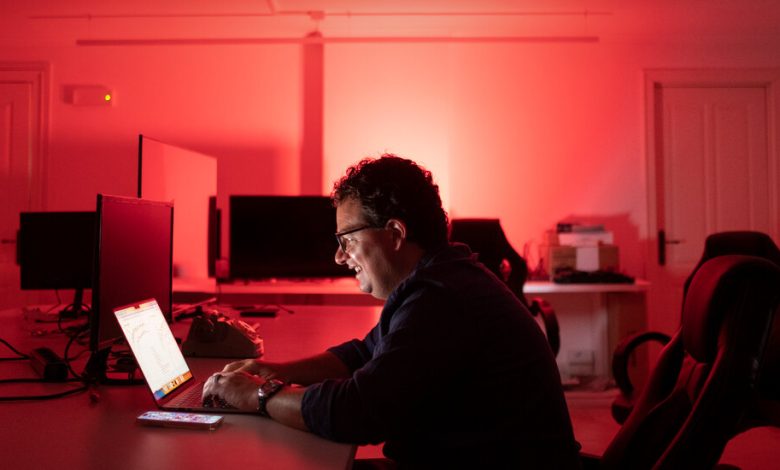A.I. Start-Up Anthropic Challenges OpenAI and Google With New Chatbot

The high-profile A.I. start-up Anthropic released a new version of its Claude chatbot on Monday, saying it outperforms other leading chatbots on a range of standard benchmark tests, including systems from Google and OpenAI.
Dario Amodei, Anthropic’s chief executive and co-founder, said the new technology, called Claude 3 Opus, was particularly useful when analyzing scientific data or generating computer code.
Anthropic is among a small group of companies at the forefront of generative A.I., technology that instantly creates text, images and sounds. Dr. Amodei and other Anthropic founders helped pioneer the technology while working as researchers at OpenAI, the start-up that launched the generative A.I. boom in late 2022 with the release of the chatbot ChatGPT.
Chatbots like ChatGPT can answer questions, write term papers, generate small computer programs and more. They may also generate false or misleading information, much like people do.
When OpenAI released a new version of its technology called GPT-4 last spring, it was widely considered the most powerful chatbot technology used by both consumers and businesses. Google recently introduced a comparable technology called Gemini.
But the leading artificial intelligence companies have been distracted by one controversy after another. They say the computer chips needed to build A.I. are in short supply. And they face countless lawsuits over the way they gather digital data, another ingredient essential to the creation of A.I. (The New York Times has sued Microsoft and OpenAI over use of copyrighted work.)
Still, the technology continues to improve at a remarkable pace.
Anthropic claims that its Claude 3 Opus technology outperforms both GPT-4 and Gemini in mathematical problem solving, computer coding, general knowledge and other areas.
Claude 3 Opus will be available starting Monday to consumers who pay $20 per month for a subscription. A less powerful version, called Claude 3 Sonnet, is available for free.
The company allows businesses to build their own chatbots and other services using the Opus and Sonnet technologies.
Both versions of the technology can respond to images as well as text. These can analyze a flowchart, for instance, or solve a math problem that includes diagrams and graphs.
But the technology cannot generate images. Google recently suspended Gemini’s ability to generate human faces after it produced images showing people of color in German military uniforms from World War II.




